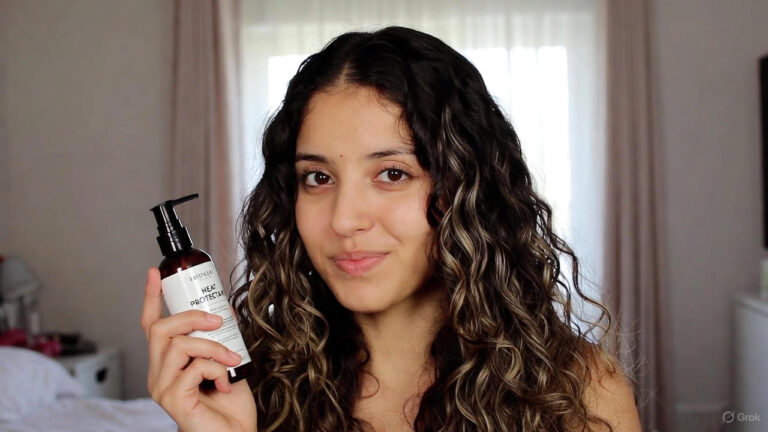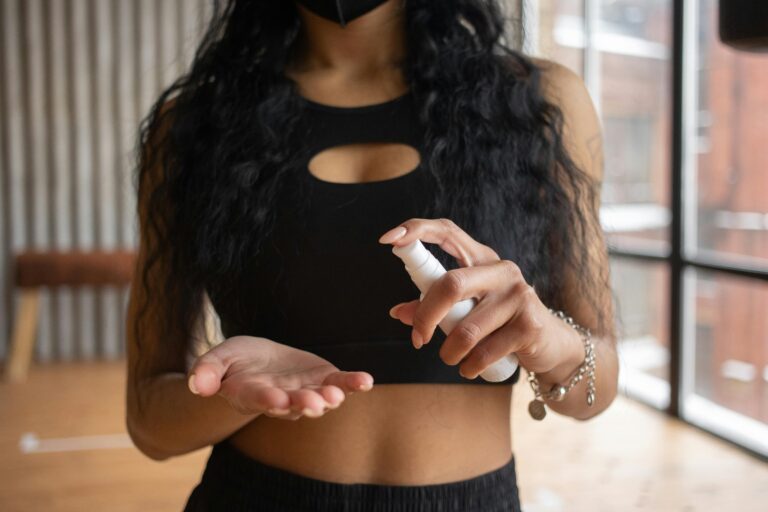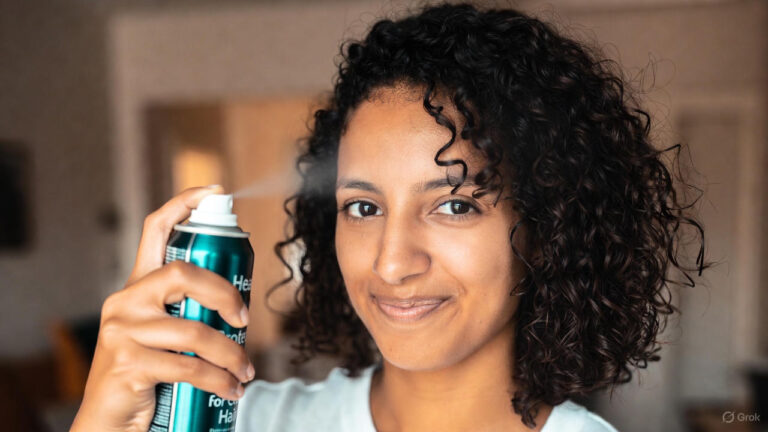When it comes to sun protection, we often focus on shielding our skin from harmful UV rays, but what about our lips? Despite being one of the most delicate areas of the face, our lips are often overlooked when it comes to sun care. However, the truth is that our lips are just as susceptible to sun damage as the rest of our skin, if not more so.
From painful sunburns to premature aging and even an increased risk of skin cancer, the consequences of neglecting lip protection can be severe. In this article, we’ll delve into the importance of SPF lip balm for sun protection, exploring the risks of sun exposure to the lips and how incorporating SPF lip balm into your skincare routine can help keep your lips healthy, hydrated, and protected.
The Risks of Sun Exposure to the Lips
Our lips lack the protective layer of melanin found in the rest of our skin, making them more vulnerable to sun damage. Without adequate protection, prolonged sun exposure can lead to a range of issues, including:
- Sunburn: Just like the rest of our skin, our lips can burn when exposed to UV radiation from the sun. Sunburned lips can be painful, swollen, and prone to peeling, making it uncomfortable to eat, drink, and talk.
- Dryness and Dehydration: Sun exposure can sap moisture from the delicate skin of the lips, leading to dryness, cracking, and chapping. Without proper hydration, the lips can become rough, flaky, and uncomfortable.
- Premature Aging: UV radiation accelerates the breakdown of collagen and elastin in the skin, leading to premature aging. Over time, sun-damaged lips may develop fine lines, wrinkles, and a loss of volume, contributing to a more aged appearance.
- Actinic Cheilitis: Actinic cheilitis is a precancerous condition characterized by dry, scaly patches or sores on the lips. Prolonged sun exposure is a significant risk factor for developing actinic cheilitis, which can progress to squamous cell carcinoma if left untreated.
The Role of SPF Lip Balm in Sun Protection
SPF lip balm serves as a crucial line of defense against the harmful effects of UV radiation on the lips. By incorporating SPF lip balm into your daily skincare routine, you can provide your lips with the protection they need to stay healthy and hydrated. Here’s how SPF lip balm helps safeguard your lips from sun damage:
- UV Protection: SPF lip balms contain ingredients like zinc oxide, titanium dioxide, or chemical filters that act as a barrier against UV radiation, shielding the lips from both UVA and UVB rays.
- Moisture and Hydration: Many SPF lip balms are formulated with hydrating ingredients like shea butter, coconut oil, and vitamin E to nourish and moisturize the lips, preventing dryness, chapping, and dehydration.
- Prevention of Sunburn: The sun protection factor (SPF) in lip balm indicates how effectively it bhair UVB rays, the primary cause of sunburn. Applying SPF lip balm regularly can help prevent sunburned lips and the discomfort associated with it.
- Anti-Aging Benefits: By protecting the lips from UV damage, SPF lip balm helps minimize the risk of premature aging, including the development of fine lines, wrinkles, and loss of volume.
- Reduced Risk of Skin Cancer: Consistent use of SPF lip balm can lower the risk of developing skin cancer on the lips, including potentially life-threatening conditions like squamous cell carcinoma.
How to Choose the Right SPF Lip Balm
When selecting an SPF lip balm, it’s essential to consider factors such as SPF level, ingredients, and personal preferences. Here are some tips for choosing the right SPF lip balm for your needs:
- SPF Level: Look for SPF lip balms with a sun protection factor of at least 30, which offers adequate protection against UVB rays. Higher SPF levels provide added protection, especially if you spend extended periods in the sun or have fair or sensitive skin.
- Broad-Spectrum Protection: Opt for lip balms that offer broad-spectrum protection, meaning they shield against both UVA and UVB rays. This ensures comprehensive protection against sunburn, premature aging, and skin cancer.
- Hydrating Ingredients: Choose SPF lip balms formulated with moisturizing ingredients like shea butter, coconut oil, beeswax, and hyaluronic acid to keep your lips soft, smooth, and hydrated.
- Non-Comedogenic Formulas: If you’re prone to acne or breakouts around the mouth area, select non-comedogenic SPF lip balms that won’t clog pores or exacerbate skin issues.
- Preference for Flavor and Texture: Consider your preferences for flavor, texture, and finish when choosing an SPF lip balm. Whether you prefer a subtle tint, a glossy shine, or a matte finish, there are SPF lip balms available to suit your taste.
Using SPF Lip Balm into Your Skincare Routine
To reap the benefits of SPF lip balm, it’s essential to incorporate it into your daily skincare routine consistently. Here’s how to use SPF lip balm effectively for maximum sun protection:
- Apply Liberally: Before heading outdoors, apply a generous layer of SPF lip balm to your lips, making sure to cover the entire surface area. Reapply as needed, especially after eating, drinking, or swimming.
- Layer with Lipstick: If you wear lipstick or lip gloss, layer SPF lip balm underneath to provide an extra layer of protection against UV radiation.
- Use Year-Round: Sun protection is not just for sunny days. UV radiation can penetrate clouds and glass, so it’s crucial to wear SPF lip balm year-round, even on overcast days and indoors.
- Pair with Sunscreen: For comprehensive sun protection, pair SPF lip balm with a broad-spectrum sunscreen applied to the rest of your face and body.
- Reapply Often: Remember to reapply SPF lip balm regularly, especially if you’re spending extended periods outdoors or engaging in activities that may cause the lip balm to wear off.
Conclusion
The lips are a delicate and often neglected part of our skincare routine, but they are just as susceptible to sun damage as the rest of our skin. From painful sunburns to premature aging and an increased risk of skin cancer, the consequences of neglecting lip protection can be severe. Fortunately, SPF lip balm offers a simple and effective solution for keeping your lips healthy, hydrated, and protected from the harmful effects of UV radiation. By incorporating SPF lip balm into your daily skincare routine and following sun-safe practices, you can enjoy beautiful, sun-kissed lips without compromising on protection.
FAQs
Q1: Can I use regular lip balm instead of SPF lip balm for sun protection?
While regular lip balm may provide some hydration, it does not offer protection against UV radiation. It’s essential to use an SPF lip balm specifically formulated for sun protection to shield your lips from sun damage.
Q2: How often should I reapply SPF lip balm?
It’s recommended to reapply SPF lip balm every two hours, or more frequently if you’re swimming, sweating, or spending extended periods of time outdoors. Reapplication is crucial for maintaining adequate sun protection throughout the day.
Q3: Can SPF lip balm prevent cold sores?
While SPF lip balm can help protect against sunburn and sun damage, it does not specifically prevent cold sores. However, keeping the lips moisturized and protected from the sun can help reduce the risk of cold sore outbreaks triggered by sun exposure.
Q4: Can I wear lipstick over SPF lip balm?
Yes, you can wear lipstick over SPF lip balm. Apply SPF lip balm as a base layer before applying lipstick to ensure your lips are adequately protected from the sun’s harmful UV rays.
Q5: Is it necessary to wear SPF lip balm during the winter months?
Yes, it’s essential to wear SPF lip balm year-round, even during the winter months. UV radiation can penetrate clouds and reflect off snow, increasing the risk of sun damage to the lips. Using SPF lip balm into your skincare routine ensures consistent protection against sunburn and sun damage regardless of the season.


